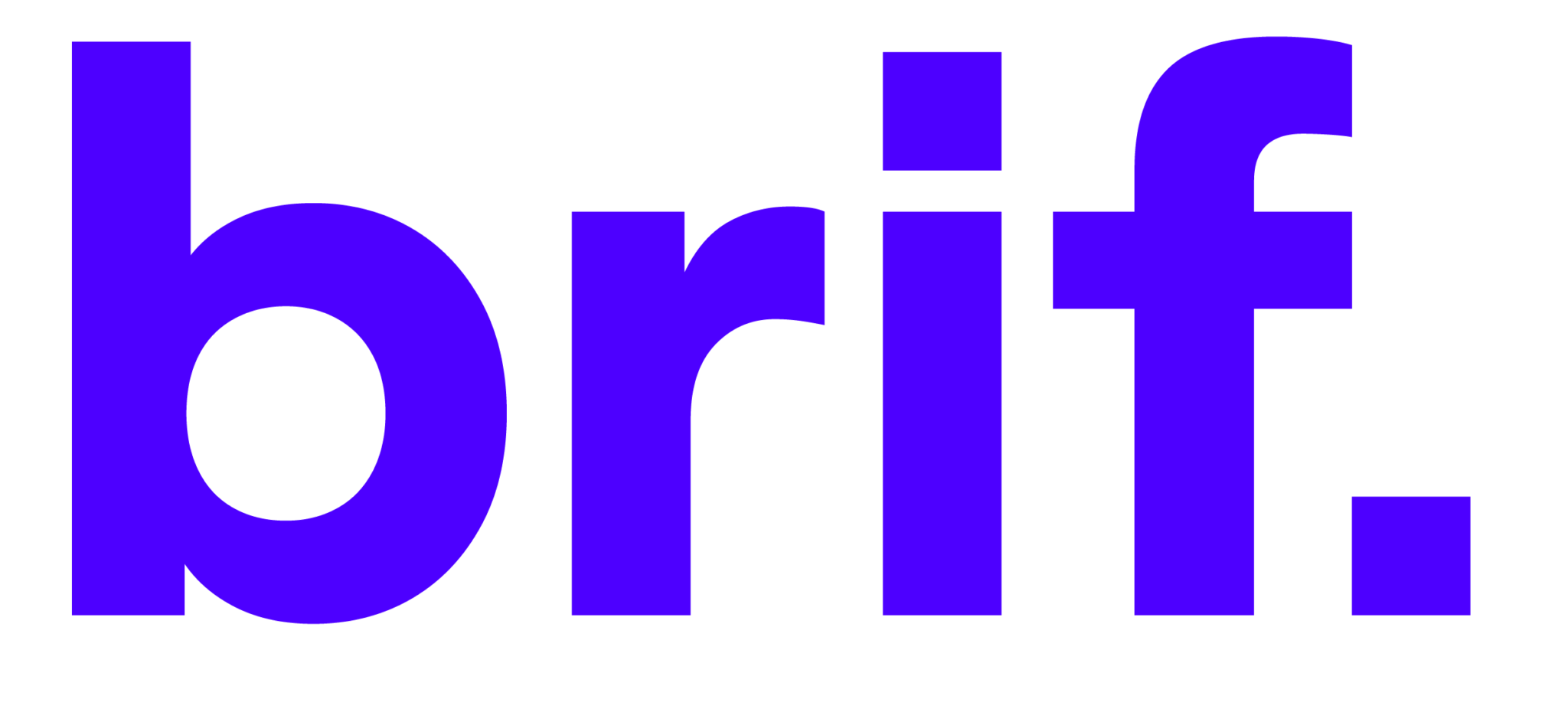The New Job Landscape: Opportunities Waiting to Be Seized
You should know by now that the world is experiencing a digital revolution that is reshaping what work looks like.

Introduction
You should know by now that the world is experiencing a digital revolution that is reshaping what work looks like. Trends such as remote work, digital entrepreneurship, and innovation driven startups are creating a unique environment where young people can thrive. The global economy as we know is no longer confined by borders; it is a vast, interconnected space where creativity and talent coupled with hard work and dedication can lead to prosperity regardless of where you live.
For youths like us, understanding and embracing these trends is key. But how do you position yourself in this evolving landscape? I'm sure these questions linger in your mind. What should I do… and what should I avoid to make the most of these opportunities. Fasten your belt as I take you on a quick flight
The Roadmap:
Step 0: Do This
With your belts fastened, take a sip and commit to reading this entire article. Every bit is designed to equip you with valuable insights, practical steps, and real-world strategies to navigate the future of work in Africa. By the end, you’ll have a clear roadmap to position yourself for success.
I bet you will enjoy this.
Step 1: Embrace Lifelong Learning
Your first move is to invest in education, not just in a traditional sense, dive into online courses, workshops and tech boot camps. So there is this guy called Kwame, who wanted to take advantage of the opportunities in tech, so he started doing online courses, which is good. After six or so months he had a lot of certification but was very frustrated because he had ignored some essentials. To truly thrive, he needed mentors, personal development, and financial literacy.
He discovered platforms offering free and affordable courses on digital marketing, coding, and data analysis. This learning was not a one-time event but a continuous journey.
Do:
- Find a mentor: Seek guidance from professionals who have navigated the path you want to follow. Mentors can provide invaluable advice, connections, and encouragement.
- Invest in personal development: Read books, listen to podcasts, and engage in activities that build your mindset and leadership skills.
- Learn financial literacy: Understanding money management, savings, and investment strategies can set you up for long-term success.
- Enroll in online courses: Platforms like Coursera, Udemy, and local initiatives offer valuable skills.
- Attend webinars and workshops: Stay updated on emerging trends by participating in digital events.
- Pursue certifications: Credentials in digital skills can set you apart in a competitive market.
Don’t:
- Assume formal education is enough: Traditional schooling is important, but it often lags behind current industry demands.
- Be afraid to start small: Even beginner-level courses can open doors to more advanced opportunities.
- Ignore soft skills: Communication, problem-solving, and adaptability are just as critical as technical expertise.
Step 2: Upskilling and Reskilling
As you explore job opportunities, you should realize that industries are evolving rapidly. Some of the skills you learnt in school are becoming obsolete, while new ones are in high demand. To stay competitive, you must embrace upskilling and reskilling.
Do:
- Identify in-demand skills: Research industries that are growing and acquire relevant skills.
- Take specialized courses: If you’re in tech, consider learning AI, cybersecurity, or cloud computing. If you're in business, digital marketing and e-commerce can be valuable.
- Reskill if necessary: If your current field has limited opportunities, pivot into a growing industry by acquiring new competencies.
- Engage in continuous learning: Make it a habit to upgrade your knowledge regularly.
Don’t:
- Stick to outdated skills: Industries are changing fast, and failing to adapt can limit your opportunities.
- Ignore industry trends: Keep an eye on emerging job roles and skill demands.
Step 3: Build a Digital Presence
To continue with Kwame’s story he finally got a mentor. And one of the things his mentor taught him was that in today’s digital economy, having an online presence is as critical as a physical resume. He created professional profiles on LinkedIn and other social media platforms, sharing his projects and learning journey with the world.
I know this is not the first time you're hearing of getting a LinkedIn profile. Funny enough people still think LinkedIn is for established professionals or some top players in the corporate world. Hm, if you don't have one, find a mentor and start utilizing the platform.
Do:
- Create a strong online portfolio: Showcase your skills, projects, and achievements.
- Engage with online communities: Join groups on social media or forums related to your field.
- Network virtually: Connect with mentors, industry experts, and peers who can offer guidance and opportunities.
Don’t:
- Neglect your digital footprint: In the era of remote work, employers often screen candidates online.
- Isolate yourself: Collaborating and engaging with others can lead to unexpected opportunities.
Step 4: Leverage Local Opportunities and Global Platforms
While the internet offers global exposure, you also have to get your eyes on the ground and look for local opportunities. Kwame also tapped into local innovation hubs and tech incubators in Accra. These spaces not only provided him with mentorship and resources but also connected him with like minded people.
Do:
- Participate in local innovation hubs: These are fertile grounds for networking, mentorship, and collaboration.
- Seek internships or apprenticeships: Real-world experience can significantly boost your skills.
- Explore the gig economy: Freelancing platforms such as Upwork or Fiverr allow you to work with clients worldwide.
Don’t:
- Underestimate local networks: Often, opportunities arise from community connections and local support systems.
- Ignore the potential of remote work: Global platforms can offer projects and experiences that enhance your resume.
For deeper insights into Africa’s evolving workforce and the role of technology in bridging job gaps, check out this podcast featuring Gimbala Sankare, Founder of Adjuma.io. In this conversation, Gimbala shares how Adjuma.io is connecting African talent with global opportunities and tackling underemployment across the continent.
Step 5: Cultivate an Entrepreneurial Mindset
Kwame’s journey wasn’t just about finding a job, it was about creating one. By developing an entrepreneurial mindset, he learned to view challenges as opportunities and risks as stepping stones to success. As you walk this journey to success you should develop a mindset of being a solution or creating a solution. Looking at our continent entrepreneurship is hard yet a game changer. With the right mindset and tools, we can become job creators and not just job seekers. From small-scale businesses to tech startups, entrepreneurship fosters innovation, builds wealth, and contributes to economic growth.
Do:
- Be proactive: Look for gaps in the market that you can fill with innovative ideas.
- Learn from failures: Every setback is a lesson that brings you closer to success.
- Stay curious and adaptable: The future of work is constantly evolving; adaptability is your greatest asset.
- Leverage technology: Digital platforms provide cost-effective ways to start and scale a business.
Don’t:
- Fear failure: In entrepreneurship, failure is often the precursor to success.
- Stick rigidly to traditional career paths: Explore unconventional avenues that match your interests and the emerging market trends.
A Call to Action: Your Future Starts Now
The truth is that the future of work is not a distant dream but a reality within your grasp. As African youths, you have the potential to transform challenges into opportunities by embracing continuous learning, building a robust digital presence, leveraging both local and global networks, and cultivating an entrepreneurial spirit.
Key Takeaways:
- Invest in Yourself: Never stop learning. The skills you acquire today will be the foundation for tomorrow’s opportunities.
- Be Visible: In a digital world, your online presence is your gateway to global opportunities.
- Network Relentlessly: Whether locally or online, build relationships that can open doors and provide mentorship.
- Stay Agile: Embrace change, take calculated risks, and always be ready to pivot when new opportunities arise.
Remember, the employment crisis is not an insurmountable barrier. It’s a call to innovate and adapt. By positioning yourself strategically and harnessing the power of emerging trends, you can not only secure a job but also create a future that is resilient, dynamic, and truly reflective of your potential.
So, take a page from Kwame’s book. Start today, explore the possibilities, and let your journey be the spark that lights up the future of work in Africa. Your story is waiting to be written - make it one of determination, innovation, and success.
Thanks for reading!
I am Nana Boadzi, I share knowledge through stories.
This is Career & Growth Flight—see you in the next one!





